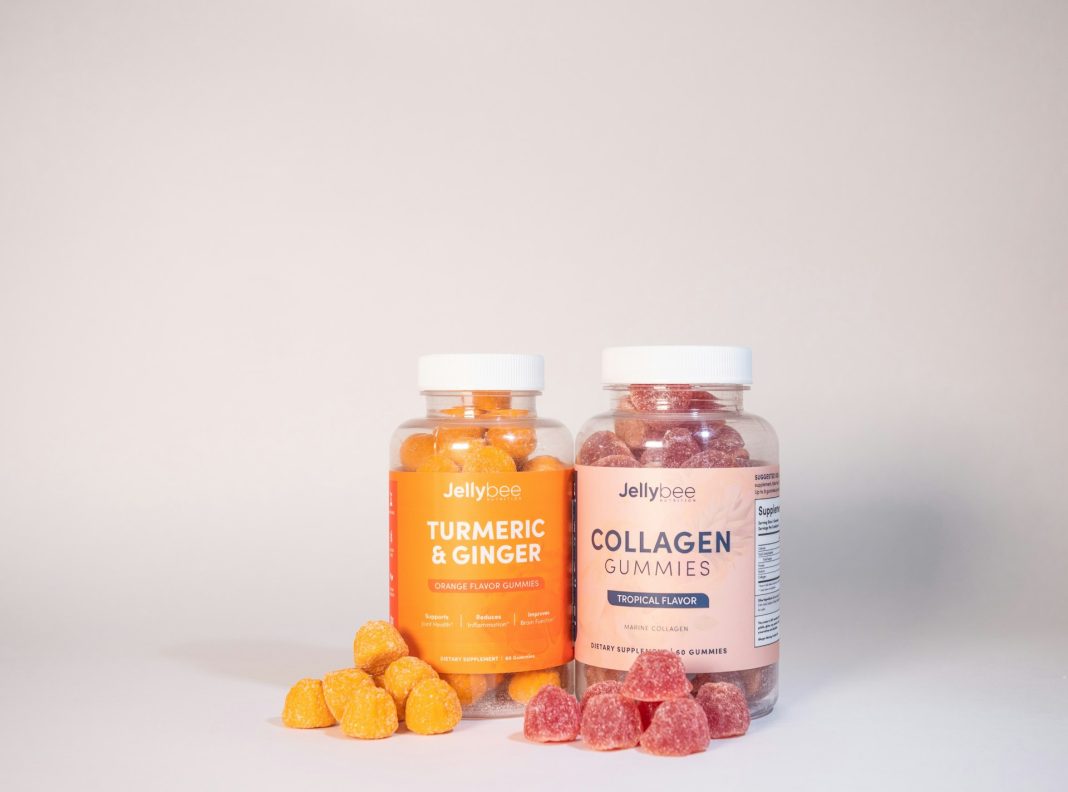So, you’ve crossed 30—and maybe you’ve started noticing a few subtle changes in your skin. A little less bounce. Slightly deeper smile lines. Makeup that doesn’t sit quite like it used to. Sound familiar?
If so, welcome to the club—and let me introduce you to the quiet MVP behind your skin’s plumpness, smoothness, and structure: collagen.
You’ve probably heard of collagen before. It’s in serums, supplements, and even your protein bars. But what does it actually do? And more importantly, why should you care about it in your 30s and beyond?
This guide breaks it all down for you—with zero fluff and plenty of real, useful tips. Whether you’re just curious or ready to revamp your skincare game, here’s what every woman over 30 really needs to know about collagen.
Collagen 101: What It Is & Why It Matters
Collagen is the most abundant protein in your body—think of it as the scaffolding that holds your skin together. It’s what gives your skin its firmness, elasticity, and youthful plumpness.
There are at least 16 types of collagen, but Type I, II, and III are the most important for your skin, hair, nails, and joints. Type I alone makes up about 90% of your body’s collagen.
But here’s the kicker: starting around age 25, your body begins producing about 1% less collagen every year. By your mid-30s, the signs start showing—think fine lines, drier texture, and slower wound healing.
🧬 Study Note: A 2012 study published in Dermato-Endocrinology confirmed that skin collagen content and thickness significantly decline with age, especially in women post-30.
The Signs You’re Losing Collagen (And It’s Totally Normal)
If you’ve ever looked in the mirror and thought, “Why does my skin feel thinner or less bouncy?”—you’re not alone. Collagen loss doesn’t happen overnight, but the effects are cumulative.
Common signs of declining collagen:
- Fine lines and wrinkles, especially around the eyes and mouth
- Sagging or “crepey” skin
- Dullness and uneven texture
- Slower skin healing
- Brittle nails and thinning hair
Think of collagen like the mattress inside your skin. When it’s full, everything is lifted. When it deflates? Things start to sink.
💬 Real Life Example: My friend Rhea, who just turned 36, noticed her skin wasn’t “snapping back” after long days at work. A dermatologist confirmed what she suspected—her collagen levels were simply tapering off, as they naturally do.
How to Support Collagen Naturally (No Needles Required)
The good news? You can support collagen production—both through lifestyle choices and topical care. It’s not about turning back time; it’s about working with your skin’s biology to age gracefully and glow with confidence.
01. Eat Collagen-Boosting Foods
Focus on nutrients that fuel collagen production:
- Vitamin C (think oranges, bell peppers, strawberries)
- Zinc & Copper (nuts, seeds, shellfish)
- Amino acids (from protein-rich foods like eggs, chicken, and bone broth)
🥣 Bonus Tip: Bone broth is rich in collagen peptides and glycine—a building block for skin health.
02. Use Topical Retinoids & Vitamin C
- Retinoids (vitamin A derivatives) help stimulate new collagen formation at the cellular level.
- Vitamin C serums not only brighten the skin but also protect existing collagen and promote new production.
🧴 Pro Pick: Try a stable L-ascorbic acid serum in the morning and a gentle retinol at night.
C. Avoid Collagen Killers
Certain habits break down collagen faster:
- Smoking and pollution
- UV exposure (sun damage is collagen’s worst enemy)
- Excess sugar (which leads to glycation—a process that stiffens and weakens collagen)
✨ Your daily sunscreen is not optional. Look for broad-spectrum SPF 30 or higher with antioxidants for bonus protection.
Collagen Supplements: Hype or Helpful?
You’ve likely seen influencers rave about collagen powders in their smoothies or those glow-boosting gummies. But do they actually work?
Surprisingly, yes—if you choose the right kind.
✅ Hydrolyzed collagen peptides, which are broken down for easier absorption, have shown promising results.
🧪 Study Insight: A 2019 review in Journal of Drugs in Dermatology found that women who took hydrolyzed collagen daily for 8–12 weeks saw significant improvements in skin elasticity, hydration, and texture.
How to pick a good supplement:
- Look for “hydrolyzed collagen peptides” or “collagen hydrolysate”
- Choose brands with third-party testing
- Bonus if it contains Vitamin C to aid absorption
💬 Reality Check: Supplements take time—expect to see changes in 8–12 weeks, and consistency is key.
A Collagen-Smart Skincare Routine for Women Over 30
Ready to build your glow-from-within toolkit? Here’s a simplified routine designed for collagen support and radiant, resilient skin:
Morning:
- Gentle cleanse
- Vitamin C serum
- Moisturizer with peptides or ceramides
- SPF 30+ (daily, even indoors)
Evening:
- Double cleanse (especially if wearing makeup/SPF)
- Retinol or a peptide serum
- Rich night cream with hyaluronic acid
💡 Bonus Ingredients to Look For:
- Niacinamide (improves elasticity)
- Peptides (signals your skin to produce collagen)
- Bakuchiol (a natural retinol alternative if you’re sensitive)
Your 30s Are Not a Skin Crisis—They’re a Collagen Opportunity
Your skin in your 30s and 40s doesn’t have to be a story of loss—it can be one of deeper care, wiser choices, and mindful beauty.
Understanding collagen is like unlocking a skincare superpower. It’s not just about looking younger; it’s about feeling good in your skin, knowing how to nourish it, and embracing the evolving version of you.
Reflect & Act:
Tonight, take a moment to look at your skincare shelf. Is your routine supporting collagen… or accidentally working against it? Start with one change—maybe a new serum or swapping soda for bone broth—and watch how your skin responds.
You’re not losing your glow—you’re learning how to protect and power it. And that? That’s beautiful.



